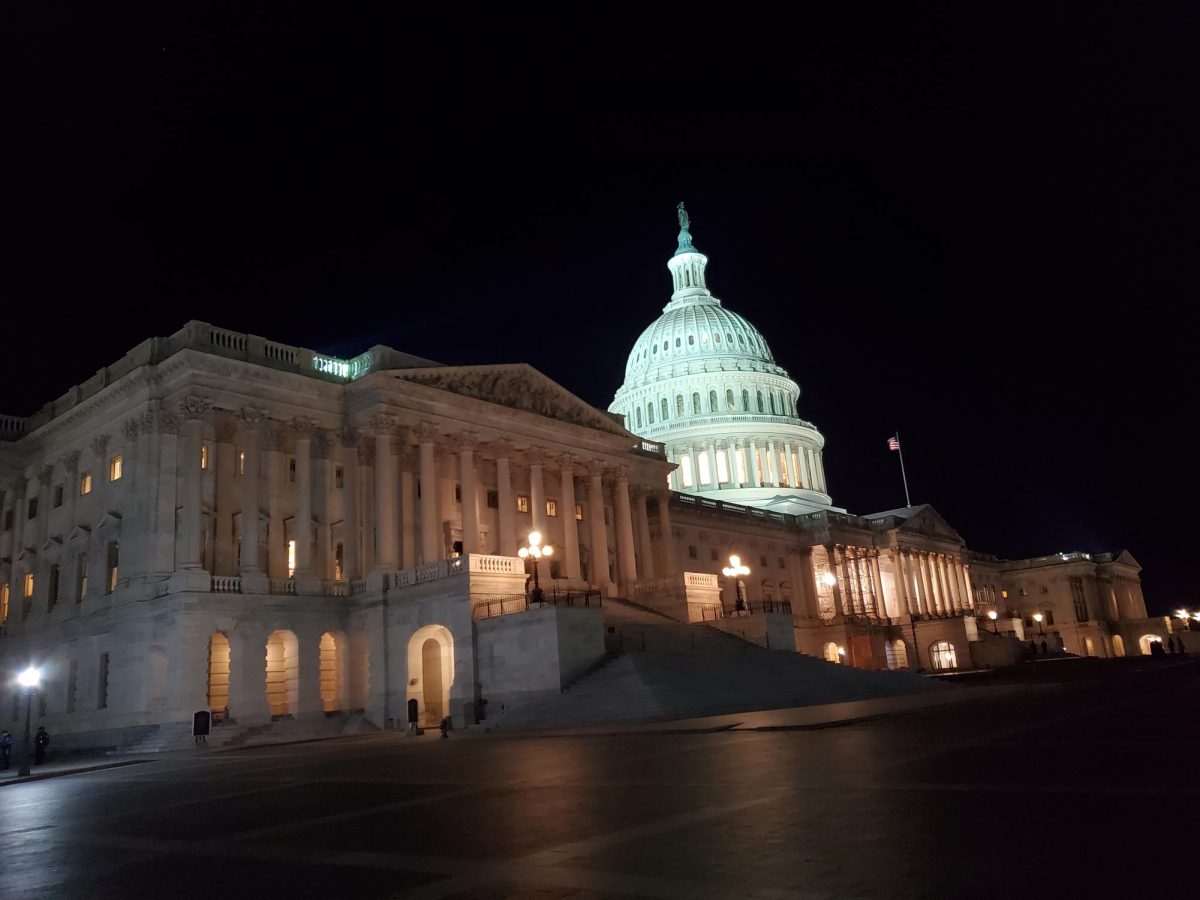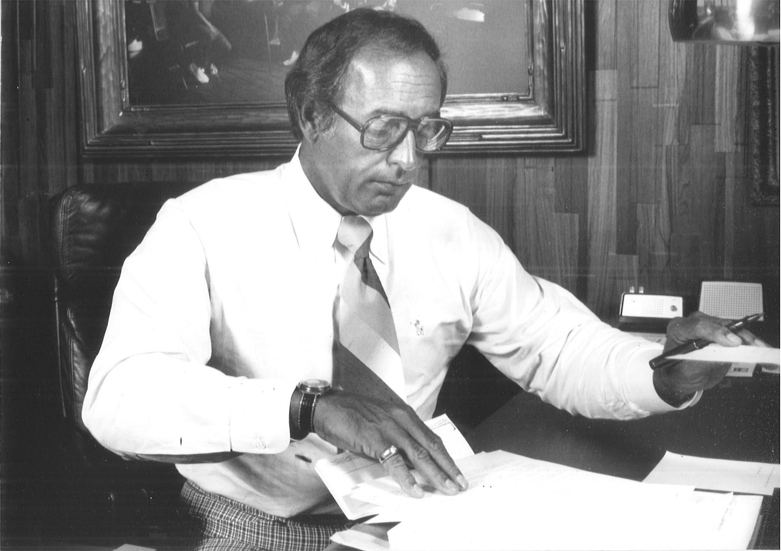In a surprise move that defied nearly 600 years of historical precedent, Pope Benedict XVI announced his intent to resign from the papal office after fewer than eight years in service.
Benedict XVI, born Joseph Aloisius Ratzinger, said Monday in a statement given in Latin that he has “come to the certainty that my strengths due to an advanced age are no longer suited to an adequate exercise of the Petrine ministry.”
He went on to admit that the needs of the international Roman Catholic community are such that require a leader with more physical and mental endurance, and to announce that his resignation would become effective as of Feb. 28.
The last pope to resign in office was Pope Gregory XII, who reluctantly stepped down in 1415 in order to end the Great Schism that threatened to tear apart the Western Church (as opposed to the Eastern Orthodox Church). The last pope to resign willingly was Celestine V in 1294, whose resignation after only five months was nicknamed “the Great Refusal” and was roundly lambasted in Dante’s “Divine Comedy.”
Despite the rarity of the act, there is no law in the Roman Catholic tradition (canon) that bars popes from resigning; it only stipulates that said resignation be “freely made and properly manifested.”
As shocking and unexpected as Benedict’s announcement was, it is still somewhat unsurprising. Born in 1929, he was the oldest man to be elected pope in over 300 years, taking office in 2005 at the age of 78. As a high-ranking cardinal under the leadership of his predecessor John Paul II (1978-2005), he witnessed first hand the toll the papal office had on the man’s health towards the end of his life.
Prior to his election, Benedict had expressed a desire to retire to the “peace and quiet” of his native Bavaria, according to the Huffington Post.
Now there is plenty of speculation as to who Benedict’s successor will be. Canon law and tradition stipulate that the candidate be a cardinal, therefore a Roman Catholic male. The majority of popes have been Italian, but the reigns of Benedict (German) and John Paul (Polish) indicate that Italy’s hold on the office may be weakening.
Of the many cardinals who are eligible for election, one is Austrian, one is American, one is Canadian, one is Honduran, two are African, and several are South American.
The Telegraph (UK) reports that the Vatican has hinted that the new pope will be African or South American. Cardinal Kurt Koch (Switzerland) said “that the church’s future was not in Europe,” at any rate.
Many ecclesial leaders, though, urge caution, warning that Roman Catholicism in underdeveloped countries tends to be “extraordinarily authoritarian,” according to Sister Gemma Simmonds, a senior lecturer at the University of London. “They can have very, very low opinions of women for example — they come from cultures where women don’t hold positions of authority.”
Preparations are now being made for the new papal conclave to take place in early March. A hallmark of Catholic tradition, the papal conclave is a highly secret meeting of the College of Cardinals in which the new pope is elected. It is so secret, in fact, that divulging details of the meeting is punishable by excommunication.
Participating cardinals (118 this year) will gather in the Sistine Chapel in Vatican City and debate candidates until a consensus is reached. Such a process can take several hours to several weeks.
Tradition dictates that voting is done via ballot; once the votes are counted, the paper is burned, and the color of the smoke dictates to outside observers what the result is. Black smoke indicates an inconclusive vote and white smoke, a decisive vote.
For now, though, the question is what role the former pope will play in Roman Catholic and international affairs. Some worry that the existence of two living popes will cause sectional and ideological tensions within the church, which has 1.2 billion members worldwide, but others speculate that the former pope will live out the remainder of his days in self-imposed isolation.
Benedict himself has confirmed that he will take no part in the election process, indicating that he will maintain a low public profile. In a 2010 interview, he stated that the needs of the church outweigh tradition and his own pride, saying, “If a pope clearly realizes that he is no longer physically, psychologically and spiritually capable of handling the duties of his office, then he has a right, and under some circumstances, also an obligation to resign.”






